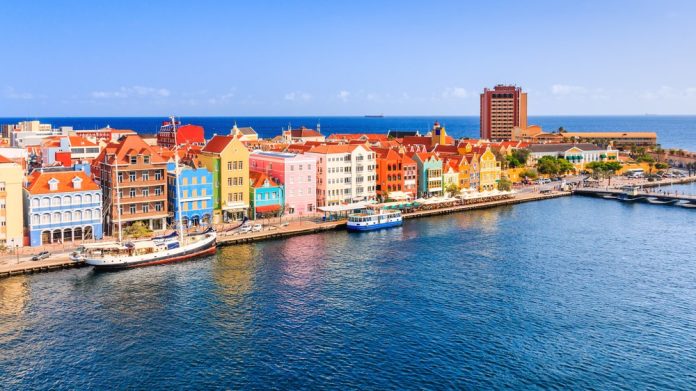Departing the CasinoBeats Summit, which hosted a myriad of discussions around various regulatory frameworks, we caught up with Aideen Shortt, advisor to the Curaçao Gaming Control Board, who provided further insight into future developments for the region.
She had recently shared the stage with UK Gambling Commission CEO, Andrew Rhodes, having praised her fellow regulator and underpinned the importance of collaboration and discussions between different regions and jurisdictions.
“We are very different as jurisdictions, but we have massive commonalities as well and so it’s the common ground where we can really work together and collectively it’s in all of our interests to make the industry better that there’s some sort of collaboration and just making it good for everybody.
“The two frameworks and the two regions are obviously very different but it really stood out just watching that discussion, that the sharing of ideas, the sharing of conversation is going to be so beneficial to the industry.
“It’s not like we’re eating each other’s lunch. It’s more that, you know, it’s more ‘let’s make the industry overall better for the good of us all’.”
Shortt’s interview with CasinoBeats came just off the back of the April 30 licence application deadline in Curaçao, a deadline that was cited by Shortt as being vital for the region.
Providing more information, she said: “On April 30, the portal for applications closed. So we had a deadline that we started taking applications in November and it was shut on April 30.
“What this means is that all of the sub-licenses had the opportunity, and had this six month timeline in which they could make an application on the portal. And in doing so, they locked in the ability to get grandfathered through when the lock gets enacted. So it means guaranteed continuity of business.
“That closed on April 30 and with that, we had high expectations but we actually were completely surprised. We have 741 licence applications. So we were expecting a few hundred, we had hoped for a higher number and we got 741 – which is just absolutely fantastic.”
With the potential for tightening regulations, there is always the potential for an exodus of licence holders. However, Shortt is unfazed by this, stating that the regulator “welcomes the exodus of bad actors”.
She continued: “If somebody wants to leave Curacao now when the jurisdiction is tidying itself up, that speaks volumes. So our viewpoint is that a jurisdiction is about not just the law, the regulator, but also the operators, the suppliers, all the ancillary services. So our legislation has been drafted with that in mind that it has to work.
“With regards to the April 30 deadline, if I can come back to that again, that means that sublicenses can no longer apply as sublicenses. So what we’re going to see, what’s going to be interesting and is something that is really important, is that the master licences will no longer be renewed.”
Looking ahead to when the portal reopens for new applications, she revealed that it will be a slightly new framework. However, much of it will be the same.
She added that the body will be holding every applicant to the same levels of due diligence, including areas such as information requirements. These requirements will be “standard” for licensee hopefuls, regardless of how or when an application arrives.








